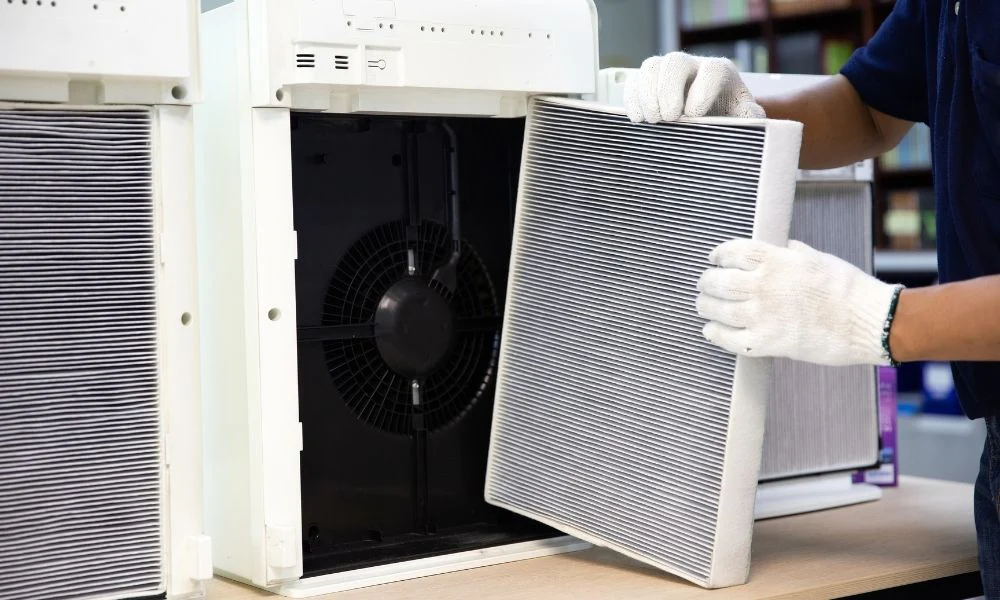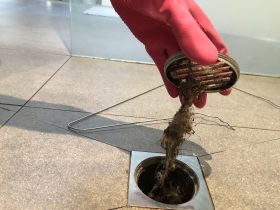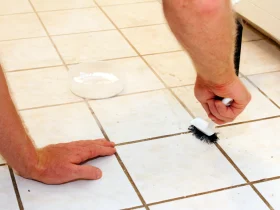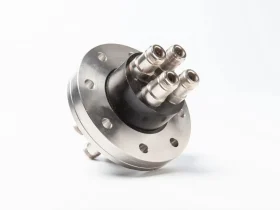Your air filter has more to do than you think. It safeguards your HVAC system and influences the air around your family each day. But the sheer number of choices in filters can be overwhelming.
And MERV 13 filters have been in demand of late, sparked by the attention on airborne particles. Are they the right fit for your Austin home? Let’s take a look at what these filters do—and whether upgrading makes sense for you, according to an HVAC company in Austin.
Understanding MERV Ratings
MERV is short for Minimum Efficiency Reporting Value. This rating system tells you how well filters catch particles of various sizes. The higher the number, on a scale from 1 to 16, the greater the particle filtration.
In your home, you’re probably using a standard filter that falls between MERV 8 and MERV 13. Here’s a quick breakdown:
- MERV 1-4: Primitive filtration; it catches dust and pollen, which are big particles
- MERV 8-11: Moderate filters that capture mold spores and animal dander amongst other things
- MERV 13-16: These are high-efficiency filters for people who want to protect their family from hard-to-reduce particles like bacteria and smoke.
MERV 13 (which stands for minimum efficiency reporting value) filters are the upper end of residential filtration. However, they are at least 90% efficient in capturing particles between 3 and 10 microns, while at least 50% efficient capturing particles between 1 and 3 microns.
What MERV 13 Filters Really Capture
MERV 13 filters are very efficient for air filtration. They ensnare particles that less powerful filters frequently miss.
These filters do a great job of trapping the most common allergens: pollen, dust mites, and pet dander. They’re also trapping mold spores, which can be an issue in Austin’s humid climate.
Perhaps most important, MERV 13 filters pull out particles that are even smaller some kinds of bacteria, smoke particles, and certain viruses. This filtration has been especially important considering recent health concerns.
The gap between MERV 11 and higher might not seem large in number. But MERV 13 filters trap far more small particles that compromise indoor air quality.
Important Considerations Before Upgrading
MERV 13 filters are not necessarily the filter that will work best in every home. Various factors indicate whether or not they’ll perform well in your system.
- System Compatibility
This is crucial. Filters with a MERV 13 rating are denser than their lower-rated counterparts and so will provide more resistance to airflow. Not all HVAC tolerates this restriction.
Older systems or ones with smaller blowers may not be able to handle MERV 13 filters. This additional resistance can put a strain on your system, decreasing the efficiency and potentially leading to damage.
Talk to an Austin air conditioning company before you upgrade to make sure your system can support the higher filtration. And a professional evaluation can prevent future issues.
- Energy Efficiency Impact
More “dense” filters cause your system to work harder to push air. This can waste fuel and cost you extra money on utility bills. It’s a petty distinction, but it is notable.
The majority of newer air conditioning systems support MERV 13 filters with no significant sacrifice of efficiency. But the effects could be more pronounced in older or smaller systems.
- Cost Differences
Standard filters are less expensive than MERV 13. You’ll spend about two to three times what MERV 8 filters cost. But the health benefits alone justify the added cost for families with allergies or asthma issues.
View it as an investment in air quality and health, not just a maintenance cost.
- Replacement Frequency
MERV 13 filters might also need to be replaced more often than less-restrictive alternatives. They have greater particle capture, so they clog more quickly. Inspect your filter each month and replace it when dirty, or at least every three months.
Ignoring MERV 13 filter changes creates more issues than with standard filters. Restricted airflow can have a devastating effect on system performance.
When MERV 13 Makes Sense
There are occasions to which MERV 13 filters, in particular, are especially useful. Consider upgrading if any of the following apply to you:
You, or members of your family, have asthma or allergies or other respiratory conditions. Improved air filtration can lessen symptoms and improve quality of life.
You have pets shedding hair constantly. All those extra pets translate into more dander circulating through your home.
You reside close to construction sites or heavy traffic, where dust and pollution are an issue. Better filtration prevents some of these outdoor pollutants from collecting inside.
You have an immune-compromised person in your household. Improved air filtering brings an extra layer of protection.
Alternatives to Consider
If MERV 13 filters are not suitable for your system, there may still be options to improve air quality.
MERV 11 filters straddle the middle. They offer much better filtration and also relatively low airflow resistance than MERV 13.
It’s worth thinking about individual air purifiers for bedrooms and common spaces. These complement your HVAC system to help when you need it most.
Furthermore, routine maintenance can also have a significant impact on air quality. The quality of the indoor air will improve if the coils are clean, proper drainage is maintained, and ductwork is sealed.
Getting Professional Guidance
Don’t guess about filter compatibility. The incorrect filter can lead to damage to your HVAC system, or a notable decrease in its efficiency.
Professionals from Grande Air Solutions can test your system and suggest the best filtration for you! Expert help gets you cleaner air, and you avoid the chance of harming your system.
An Austin HVAC company that is familiar with air quality issues in the local area knows which filters are best suited for our climate. They will also take into account the capacity of your system, your air quality goals, and your budget.
Making Your Decision
MERV 13 Filters can trap allergens, mold spores, and fine particles that can cause health problems and discomfort.
However, they’re not universally appropriate. System fit matters more than filtration scores. It’s a lose-lose when you have a MERV 13 filter that strains your system.
Assess what your family needs, and your system is capable of within your budget. If improved air quality would make a noticeable difference for your family, and your HVAC unit can handle the upgrade, MERV 13 filters are worth it.
If you’re unsure, seek professional advice. Not only is the right filter a matter of health, it’s also helping to protect your HVAC system. Not a combination you’ll complain about in your Austin home.






